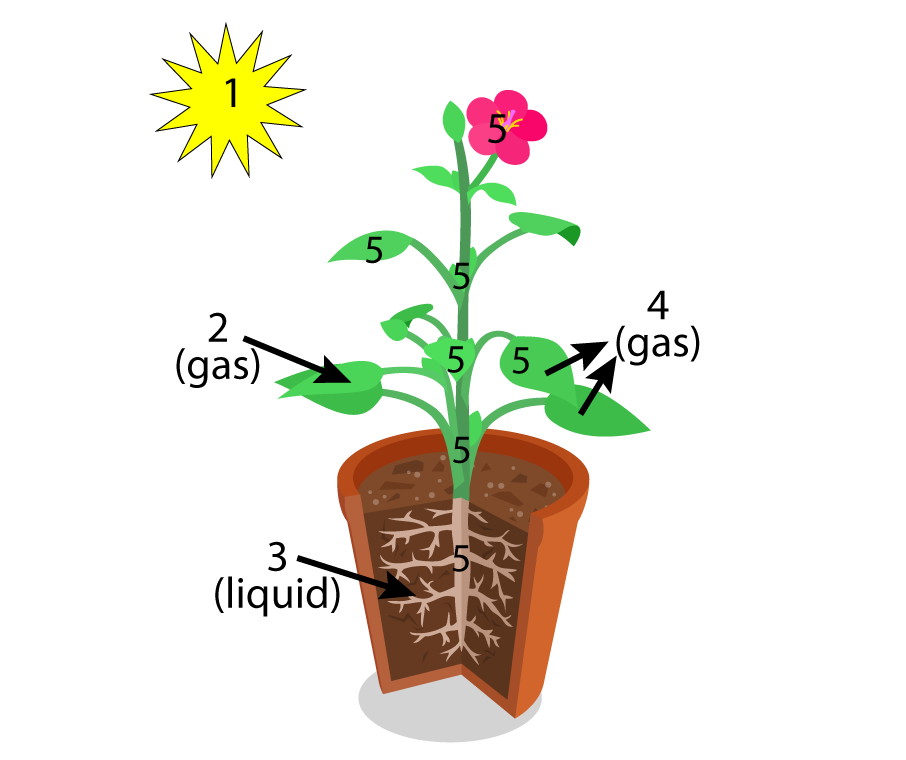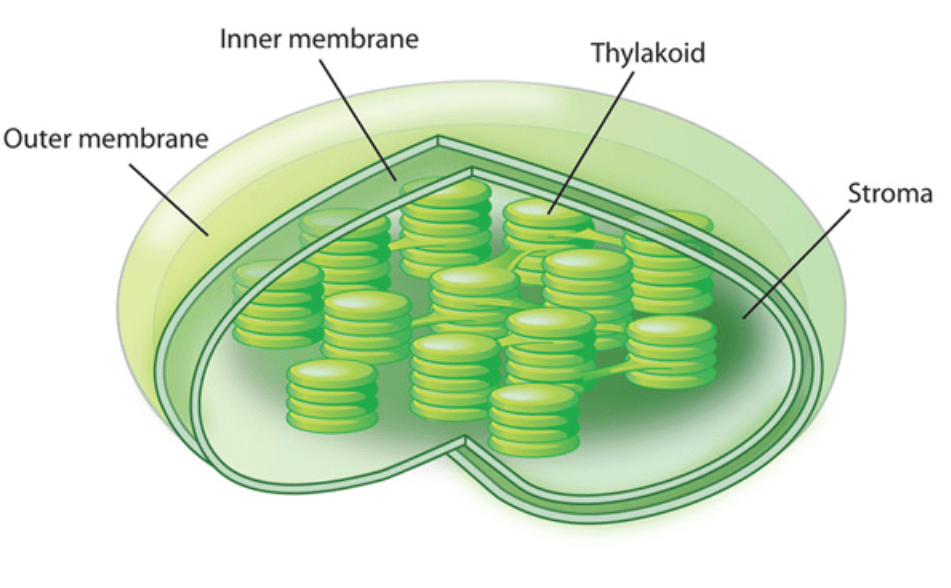The structure in which photosynthesis takes place is the
chloroplast
The simple sugar that begins the process of cellular respiration.
True or False
glucose
In this process, light energy is trapped and converted into chemical energy.
photosynthesis
The simplest, smallest organism.
Cell
Simple sugar is made from carbon dioxide and water during this process.
Photosynthesis
This is when plants do the most photosynthesis.
During the afternoon when the sun is strongest.
Daylight/noon.
In cellular respiration this sugar is broken down.
glucose
Simple sugars are formed using carbon d ioxide and water in this process.
ioxide and water in this process.
photosynthesis
Materials for photosynthesis and cellular respiration diffuse across this organelle.
cell membrane
selectively permeable membrane
phospholipid bilayer
This process takes place in the mitochondria.
Cellular respiration
The energy for photosynthesis comes from this.
The sun
Where the process of cellular respiration takes place.
mitochondria
The process in which cells release energy from food to make ATP is called
cellular respiration
Cellular respiration takes place in this organelle.
mitochondria
This process occurs only in plants, algae, or some bacteria.
Photosynthesis
This gas is used for photosynthesis.
CO2
The molecule produced during cellular respiration that organisms use as energy for all metabolic activities to stay alive.
ATP
These are waste products of cellular respiration.
carbon dioxide and water
Photosynthesis takes place in this organelle.
chloroplasts
Energy is released in this process.
Cellular respiration
Plants use photosynthesis, but not cellular respiration.
True or False
False
Raw materials that are needed for cellular respiration.
glucose and oxygen
The chemical equation for photosynthesis.
Carbon dioxide+water+sunlight (enzymes)=glucose+oxygen.
Plant cells have these two organelles that animal cells do not have.
Cell walls and chloroplasts (and a large vacuole).
This process occurs in both plants and animals.
Cellular respiration
 Identify this organelle.
Identify this organelle.
chloroplast
Cellular respiration makes energy by breaking these.
chemical bonds
This is the equation for cellular respiration.
Glucose+oxygen (enzymes and mitochondria)=carbon dioxide+water+ATP.
This green pigment is found in plant cells that is needed for photosynthesis. 
chlorophyll
Light energy is changed into chemical energy.
Photosynthesis
Identify the products of photosynthesis. (2)
Glucose and Oxygen
C6H12O6 and O2
Identify one molecule produced by this organelle.![]()
ATP
How cellular respiration and photosynthesis are related.
The products of photosynthesis are used as raw materials in cellular respiration and the products of cellular respiration are used as raw materials in photosynthesis.
When muscle cells are active they need more of this energy rich molecule.
ATP
This process occurs in chloroplasts.
Photosynthesis
Identify the raw materials of photosynthesis. (3)
Carbon Dioxide CO2
Water H2O
Sunlight
Why cellular respiration is dependent on photosynthesis.
Photosynthesis provides the materials that are needed for cellular respiration.
Oxygen and glucose are made in photosynthesis and used for cellular respiration.
What are the raw materials and waste products of photosynthesis?
Raw materials: carbon dioxide+water (+sunlight)
Waste products: glucose+oxygen
These body cells need the most ATP during exercise.
muscle cells
This process changes glucose (food) into water, carbon dioxide, and ATP energy.
Cellular respiration